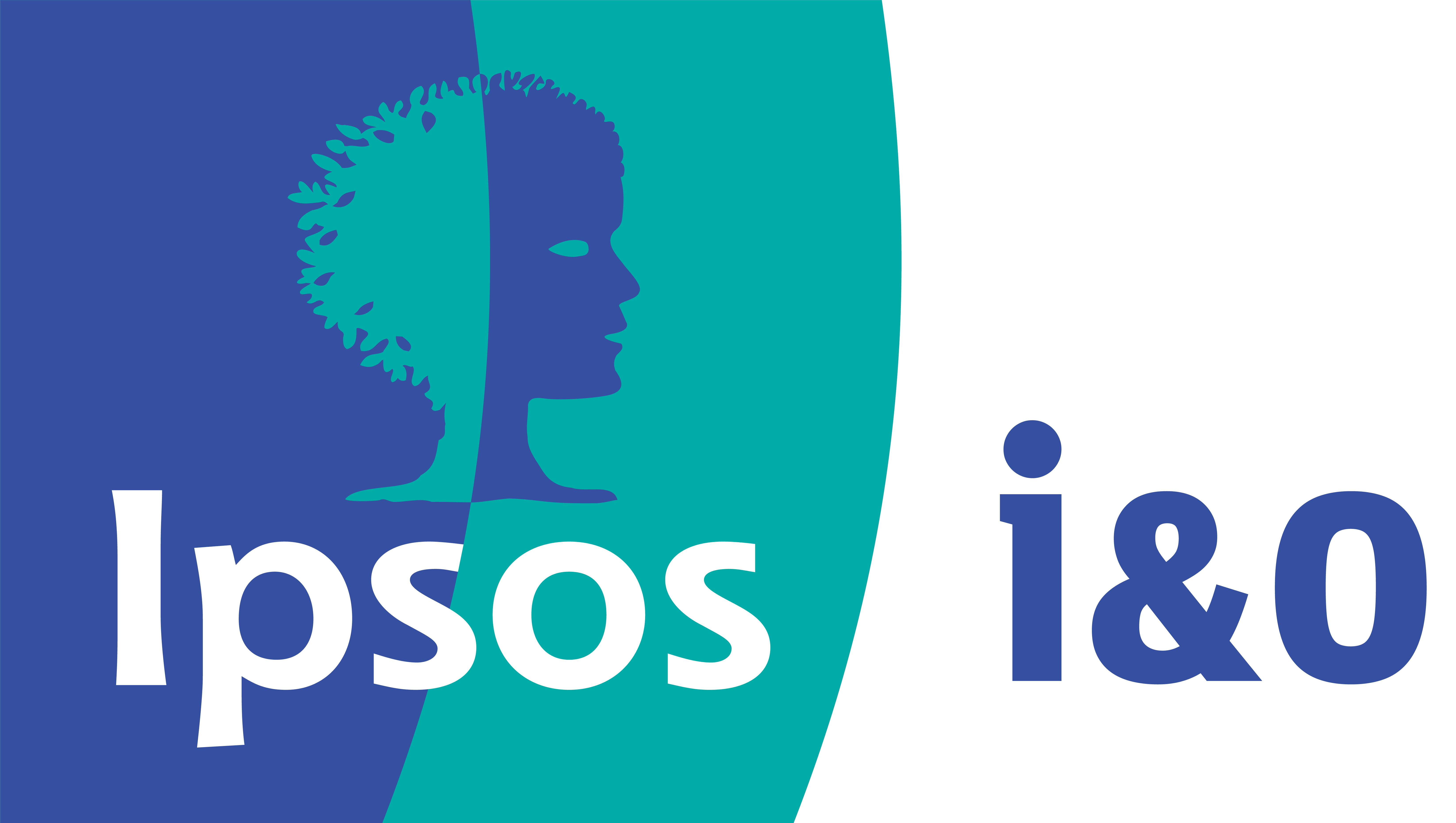Search
-
Human Rights in 2018
Globally, only Four in Ten People Say Everyone in Their Country Enjoys the Same Basic Human Rights.
-
Changing healthcare requires more knowledge of the industry
The healthcare industry faces a challenge. Demands from within society are getting bigger: lifestyles change, the population is aging, governments change policies, research expands and patients are more educated and empowered. There is a spike in demand, but the same quality and budgets are in place. This means that priorities in the industry must change.
-
Ipsos releases 23rd annual European Affluent Survey
Survey spotlights ‘Affluencers’: Europe’s most affluent and influential consumers
-
Global Consumer Confidence Ties Record High
March's global consumer confidence Primary Index has risen to 50.6 to tie January 2018's record high.
-
Succesful 6th ceminar about the latest developments in customer experience (CX)
On November 16th, the sixth edition of our CEMinar took place at Paviljoen Puur in Diemen. CEMinar is an annual educational event of Ipsos to inform and inspire organizations about the developments in Customer Experience Management. Geert Samplonius, Client Service Manager at Ipsos NL, opened the sixth edition by introducing the theme of this year’s event: What’s new in CX.
-
Behavioural Science
Behavioural Science at Ipsos is the use of psychology to help both public sector and brands meet their goals. The theories and methods from psychology work alongside MR techniques to understand and predict behaviour, generating total customer understanding.
-
What Worries the World?
The everyday concerns of the global population are the focus of one of Ipsos’ flagship global surveys. Each month we ask an online sample of over 18,000 citizens in more than 25 countries1 about the key issues they believe are facing their country, asking them to pick up to three from a diverse array of topics, ranging from unemployment to access to credit.
-
European Affluent Urge to Consolidate EU-ties
The European affluent are generally more positive towards their country’s membership of the European Union than the non-affluent.
